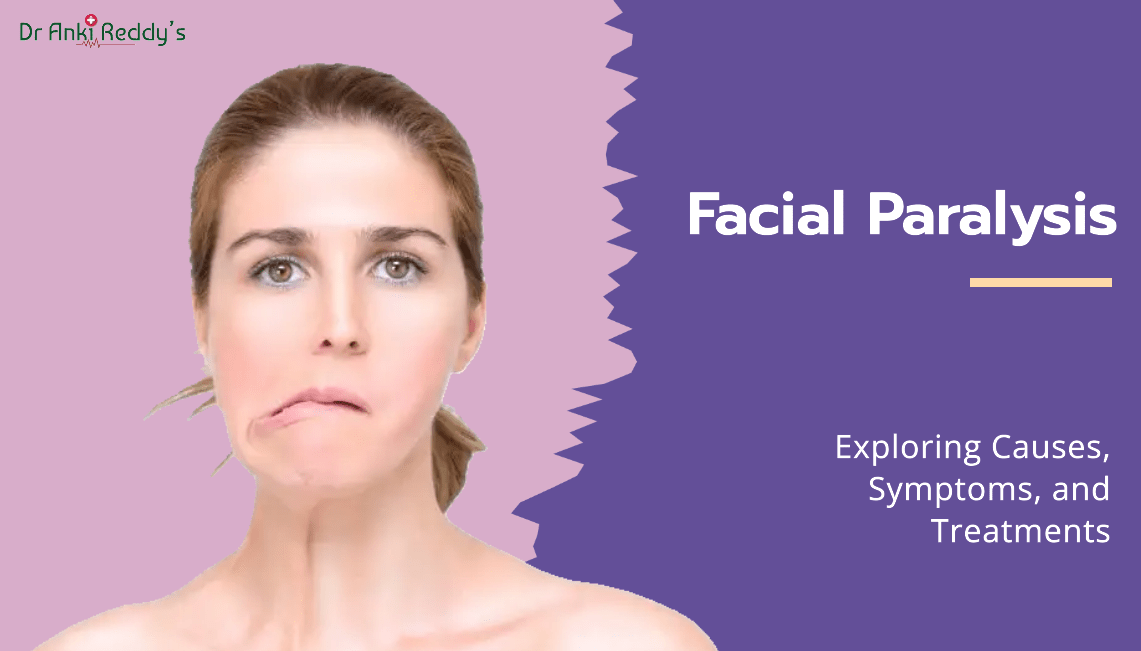Prostatitis: Symptoms, Causes, Treatment, and Cure
What is Prostatitis (Inflammation of the Prostate Gland)?
One does suffer from chronic prostatitis/chronic pelvic pain syndrome (CP/CPPS). This is indeed the most common type of prostatitis. It does have several similar signs as bacterial prostatitis. The difference is that when tests are actually run, no bacteria are present with this type.
Doctors are not actually sure of the cause of it. Stress does cause it as well as nerve damage, and physical injury. Chemicals in one’s urine or a UTI one suffered from in the past does have the role in it. CP/CPPS has also been associated with immune disorders such as chronic fatigue syndrome and irritable bowel syndrome (IBS).
The main sign of CP/CPPS is indeed the pain that does last more than 3 months in at least one of these body parts:
• Penis (often at the tip)
• Scrotum
• Between your scrotum and rectum
• Lower abdomen
• Lower back
One may also have pain when one passes urine or ejaculates. One might not be able to hold one’s urine, or one may have to pass urine more often maybe 8 times a day. A weak urine stream is acknowledged as another common symptom of CP/CPPS.
Asymptomatic prostatitis is faced by several men who have this type of prostatitis and they suffer from an inflamed prostate but no symptoms. One may only come to know that a blood test that does check one’s prostate health. Asymptomatic prostatitis does not require any sort of treatment, but it can also lead to infertility.
Prostatitis Risk Factors
One is more likely to have problems with one’s prostate in case:
• One is between the ages of 36 and 50
• One had a UTI
• One had a groin injury
• One uses a urinary catheter
• One had a prostate biopsy
• One has HIV/AIDS
• One has prostatitis earlier
An inflamed or even infected prostate gland is common among men of all ages.
If one has prostatitis, it is advisable to allow the doctor to find ways to manage the symptoms and also control one’s pain. Efforts are on to ascertain its causes and required treatment to be followed.
Types of prostatitis
There are four types of prostatitis:
Acute bacterial prostatitis:
This type is no doubt the least common and does last for a short time. It can also be rather life-threatening if left untreated. This is the type of prostatitis is easy to diagnose.
Chronic bacterial prostatitis:
Symptoms are less intense and also do develop over several years. It is more likely to affect young as well as middle-aged men and also causes recurring urinary tract infections (UTIs).
Chronic prostatitis, or chronic pelvic pain syndrome:
This condition does cause pain as well as discomfort around the groin as well as the pelvic area. It can affect men of all ages.
Asymptomatic inflammatory prostatitis:
The prostate is of course inflamed but there are no specific symptoms. It’s usually gets discovered when a doctor is rather diagnosing another problem.
Causes of prostatitis
The causes of prostate infection are not very clear as mentioned earlier. Researchers are of the view:
• a microorganism can indeed cause chronic prostatitis
• one immune system is indeed responding to a previous UTI
• One’s immune system is reacting to nerve damage in the given area
For acute and chronic bacterial prostatitis, bacterial infections are indeed the cause. Sometimes, bacteria can also get into the prostate through one’s urethra.
One is at a risk of prostate infection if one uses a catheter or have a medical procedure that involves the urethra. Other risk factors include:
• bladder obstruction
• infection
• sexually transmitted diseases (STDs)
• enlarged prostate or injury, which can rather cause further infection
Symptoms of a prostate infection
Symptoms of a prostate infection very much depending on the type.
Acute bacterial prostatitis
Symptoms of an acute bacterial prostatitis are indeed serious and also happen suddenly. One requires immediate medical attention in case one is suffering from:
• burning or pain during urination
• nausea and vomiting
• body aches
• inability to empty your bladder
• fever and chills
• pain in one’s abdomen or lower back
One needs to get in touch with a doctor in case of such symptoms that persist:
• experiencing trouble urinating, whether starting or even having a weak stream
• in case one feels one has a UTI
• The need to urinate frequently
• experience nocturia, or the need to urinate two or three times during the night
One may also notice an unpleasant odor or blood in one’s urine or semen. Or in case one feels severe pain in one’s lower abdomen or while urinating. These indeed can be signs of an acute bacterial prostatitis infection.
Chronic bacterial prostatitis
Symptoms of a chronic infection, which may come and go, are not as severe as an acute infection. These symptoms do develop slowly or remain mild. Symptoms can last for more than three months, and include:
• burning while urinating
• frequent or urgent urination
• pain around the groin, lower abdomen, or lower back
• bladder pain
• testicle or penis pain
• trouble starting a stream of urine or having a weak stream
• painful ejaculation
• UTI
Chronic prostatitis
The symptoms of chronic prostatitis are quite similar in nature to the symptoms experienced with chronic bacterial prostatitis. One may rather experience feelings of discomfort or pain for nearly three or more months:
• between one’s scrotum as well as anus
• central lower abdomen
• around one’s penis, scrotum, or lower back
• during or after ejaculation
How do you treat a prostate infection?
Bacterial prostatitis
During treatment, one’s doctor may indeed recommend one’s increase in one’s liquid intake to help flush out bacteria. One may find it beneficial to avoid alcohol, caffeine, and also acidic or spicy foods.
For bacterial prostatitis, one will take antibiotics or antimicrobials for six to eight weeks. If one has a severe acute infection, one may need hospitalization. During this time period, one will receive fluids as well as antibiotics intravenously.
A chronic bacterial infection does require at least six months of antibiotics. This is to prevent recurring infections. One’s doctor may also prescribe alpha-blockers to help one’s bladder muscles relax and lessen symptoms.
One may need surgery if there is a blockage in the bladder or some other anatomic problem. Surgery can also help improve one’s urine flow and urinary retention by removing scar tissue.
Chronic prostatitis
Treatment for chronic prostatitis does depend upon one’s symptoms. One’s doctor will indeed provide antibiotics, in the beginning, to rule out a bacterial infection. Other medications to help ease discomfort as well as pain.
• silodosin (Rapaflo)
• nonsteroidal anti-inflammatory drugs (NSAIDS) like ibuprofen and aspirin
• glycosaminoglycan (chondroitin sulfate)
• muscle relaxants like as cyclobenzaprine and clonazepam
• neuromodulators
Alternative Homeopathy treatments
Benefits can be had from:
• warm baths or prostatic massage
• heat therapy from hot water bottles or heating pads
• Kegel exercises, to help train the bladder
• myofascial release, to help relax soft tissues in the lower back
• relaxation exercises
• acupuncture
• biofeedback
Homeopathy provides exceptional treatment for chronic prostatitis. Homeopathic medicines safely and surely provide relief from the symptoms of chronic prostatitis. At Dr Ankireddy, We provide Best Homeopathic treatment in Hyderabad for chronic prostatitis based on their symptoms and treated with well experienced homeopathic. Consult our homeopathic doctors for safe, painless, and natural healing treatments









There are no comments